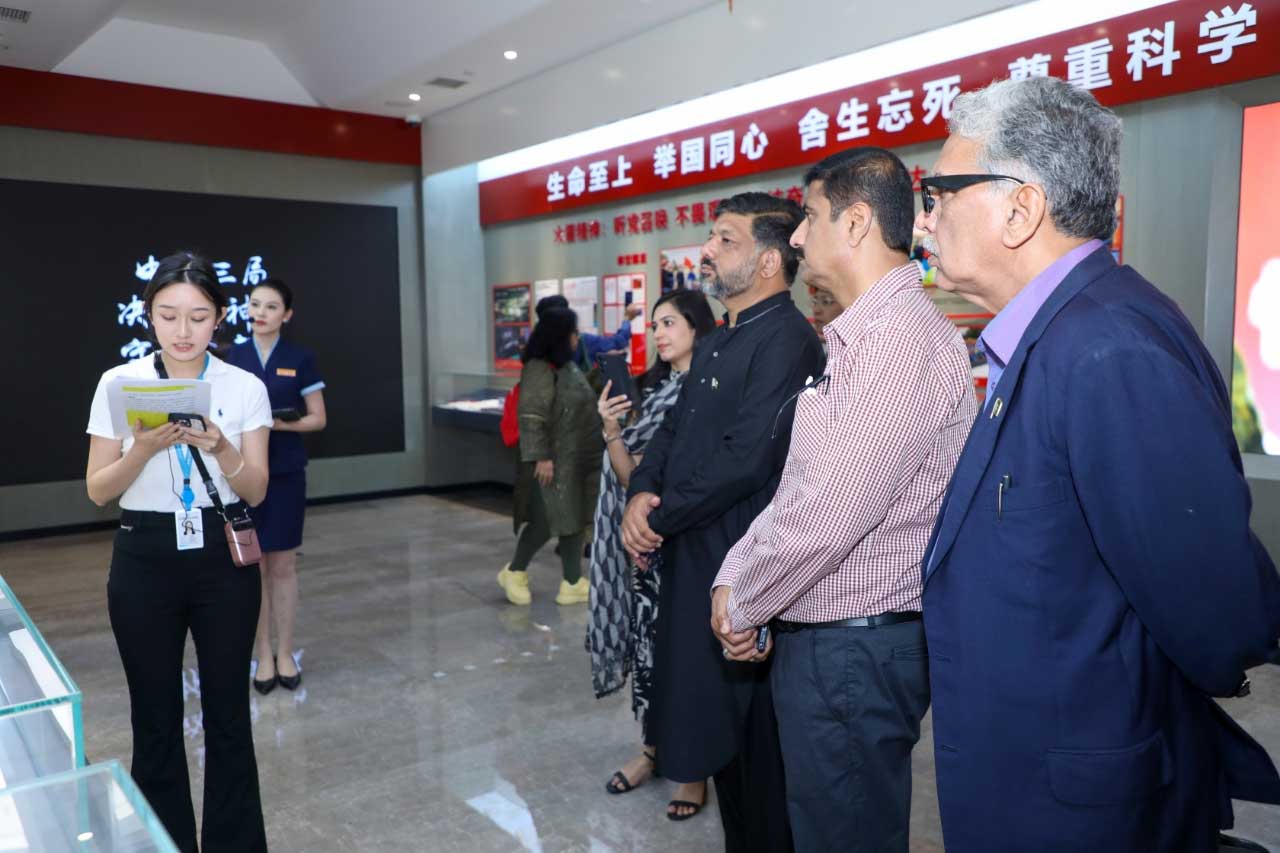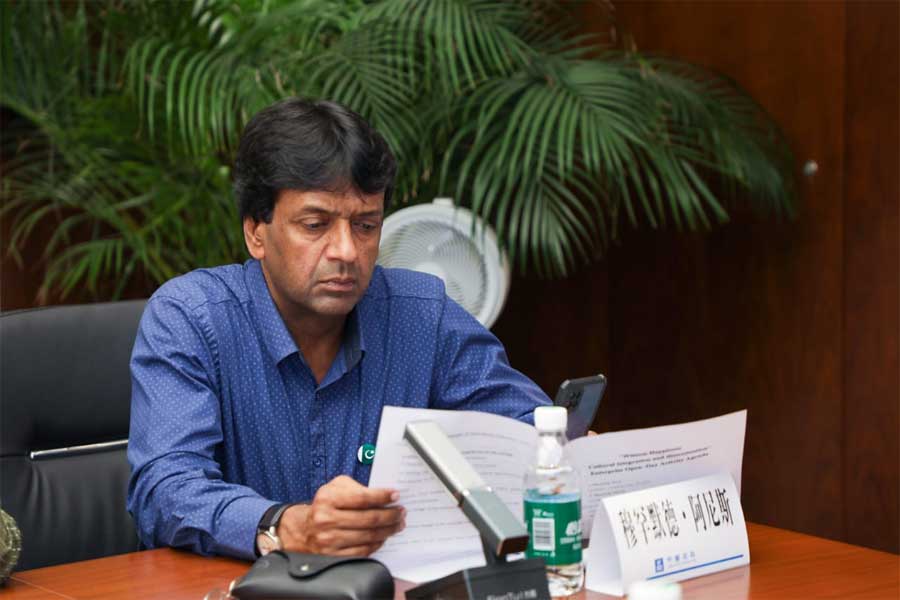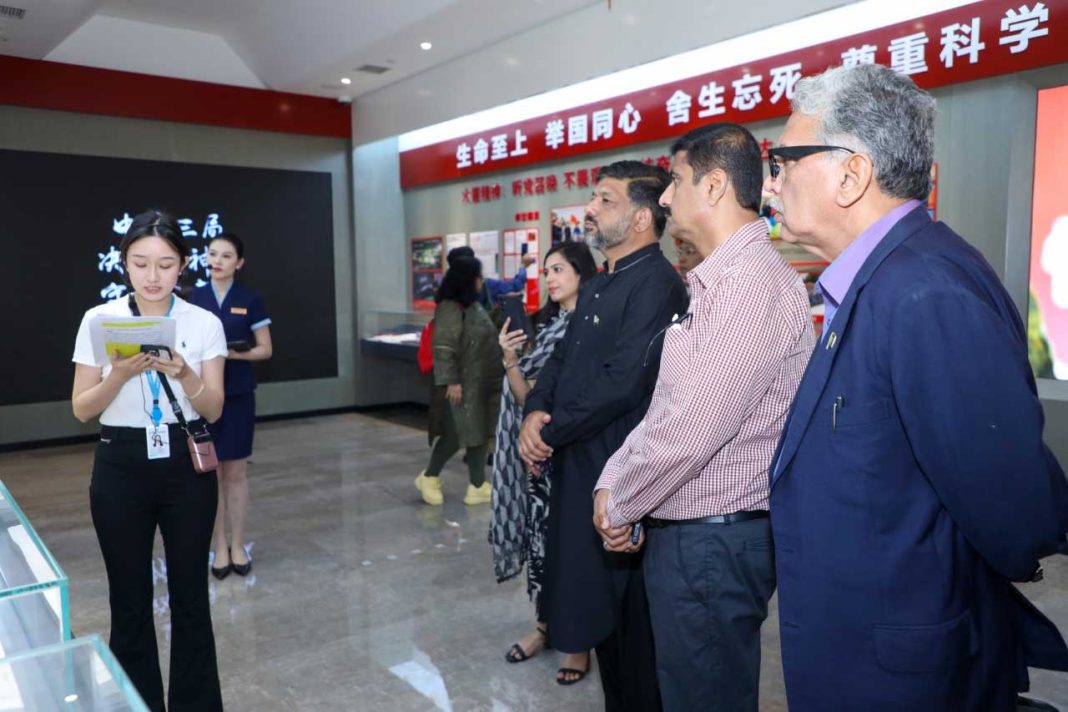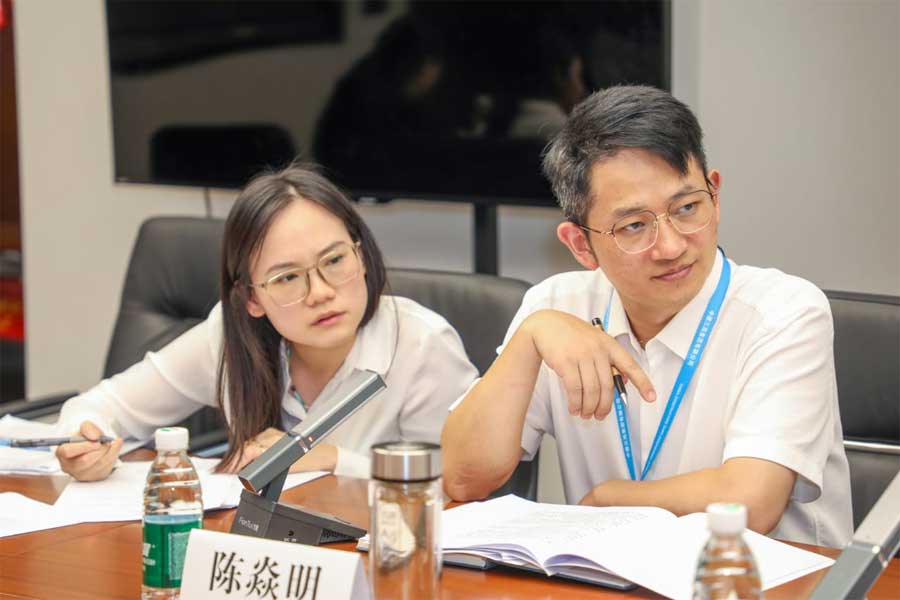
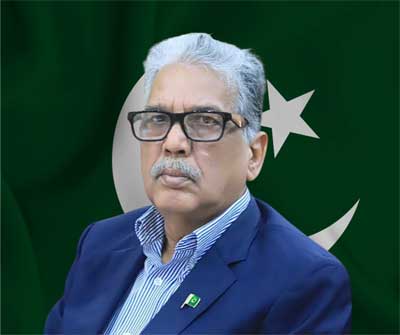
The deepening of China-Pakistan relations, largely shaped by the China-Pakistan Economic Corridor (CPEC), has brought significant benefits to both nations. These projects have not only contributed to Pakistan’s economic development and infrastructure growth but have also facilitated meaningful cultural exchange. One of the key players in these efforts is the China State Construction Engineering Corporation (CSCEC), whose large-scale construction projects in Pakistan serve as more than just economic initiatives-they act as bridges for cultural exchange, fostering mutual understanding and strengthening cooperation between the two nations.
CSCEC’s involvement in Pakistan through projects such as highways, railways, and power plants has allowed for a deeper cultural engagement between Chinese and Pakistani people. Through joint ventures, collaboration, and the integration of local communities, these projects contribute to more than just physical development. They pave the way for cultural diplomacy, social collaboration, and the creation of shared experiences, enabling both countries to learn from one another.
The Role of Infrastructure in Fostering Cultural Exchange
At its core, infrastructure development involves more than just physical construction; it requires the coordination of resources, expertise, and human interaction. Large-scale construction projects such as those undertaken by CSCEC demand the collaboration of a diverse workforce, bringing together engineers, architects, laborers, and policymakers from both China and Pakistan.
As these professionals work side by side, they share not only technical knowledge but also cultural values, languages, and traditions. This cross-cultural interaction fosters mutual respect and understanding, as each group learns from the other. Over time, these professional exchanges can have a ripple effect, contributing to a more profound cultural understanding between the two countries at all levels of society.
Collaboration and Knowledge Transfer
One of the most direct ways that CSCEC projects facilitate cultural exchange is through collaboration and knowledge transfer. On every construction site in Pakistan, Chinese and Pakistani engineers, architects, and workers collaborate closely to ensure the smooth execution of complex projects. In this process, cultural exchange happens naturally as individuals from different backgrounds interact, share ideas, and solve problems together.
For instance, Pakistani professionals often gain exposure to Chinese construction methods, technology, and work culture. They learn about the importance of precision, discipline, and efficiency in Chinese project management. On the other hand, Chinese professionals learn about the local context in Pakistan, including how to navigate the country’s unique regulatory environment, local customs, and societal norms.
This exchange of knowledge fosters an environment of mutual respect, as both sides recognize the value of each other’s contributions. It also creates lasting professional relationships, allowing for continued collaboration beyond individual projects.
Cultural Integration on Construction Sites
CSCEC’s projects also offer unique opportunities for cultural integration at the grassroots level. As Chinese and Pakistani workers collaborate on construction sites, they not only work together but also share their daily lives, traditions, and customs. Shared meals, joint celebrations of festivals, and cross-cultural exchanges during leisure time all contribute to the bonding between these two communities.
For example, during major festivals like the Chinese New Year and Pakistan’s Eid celebrations, it is common for workers from both countries to participate in each other’s festivities. This sharing of cultural traditions helps build camaraderie and solidarity, fostering a sense of community that goes beyond the workplace.
Additionally, Chinese workers in Pakistan often make an effort to learn about the country’s rich cultural heritage, including its history, languages, and traditions. This curiosity helps break down cultural barriers and creates a more inclusive and cooperative work environment. Likewise, Pakistani workers who are exposed to Chinese cultural practices often develop a deeper appreciation for China’s values and traditions, further enhancing the bonds between the two nations.
Promoting Mutual Understanding Through Education and Training
CSCEC’s commitment to cultural exchange extends beyond the construction site. The company has established training programs and workshops designed to equip Pakistani professionals with the technical skills and knowledge needed to work on large-scale infrastructure projects. These initiatives not only help improve local capacity but also create opportunities for cultural exchange through education.
For instance, many Pakistani engineers and workers receive training from their Chinese counterparts, who introduce them to new construction technologies and methodologies. In these training sessions, Chinese trainers often share not only technical skills but also their cultural practices and values, offering insights into the Chinese approach to problem-solving and teamwork.
In return, Pakistani professionals share their local knowledge, providing Chinese trainers with a deeper understanding of Pakistan’s social and cultural dynamics. These educational exchanges help create a more holistic working relationship, grounded in mutual respect and cultural sensitivity.
The Diplomatic Impact of Cultural Exchange Through Construction
The cultural exchanges facilitated by CSCEC projects contribute to broader diplomatic efforts between China and Pakistan. The China-Pakistan relationship is often referred to as an “all-weather friendship,” marked by deep trust, cooperation, and shared strategic interests. However, it is the people-to-people connections formed through projects like those led by CSCEC that help solidify this relationship on a more personal level.
Strengthening Bilateral Relations
Cultural exchange through construction plays a significant role in reinforcing the diplomatic ties between China and Pakistan. The collaboration between Chinese and Pakistani professionals in infrastructure development serves as a tangible example of how the two countries can work together for mutual benefit. As Chinese companies like CSCEC continue to invest in Pakistan’s infrastructure, they are also investing in the country’s long-term development, fostering goodwill and enhancing trust.
The cultural exchanges that occur as a result of these projects help create a more favorable environment for diplomacy, as both countries gain a deeper understanding of each other’s cultures, values, and aspirations. These people-to-people connections contribute to the long-term sustainability of the China-Pakistan relationship, ensuring that it remains strong even in the face of potential geopolitical challenges.
Building Public Perception and Awareness
The visibility of CSCEC’s projects in Pakistan also plays a crucial role in shaping public perception. Large infrastructure projects such as highways, railways, and power plants are highly visible symbols of the China-Pakistan partnership. As these projects take shape, they serve as reminders of the benefits that come from collaboration between the two nations.
In addition to the economic and social benefits, these projects also contribute to a more positive perception of China among the Pakistani public. As people witness the tangible improvements in their daily lives-whether it be reduced travel times, improved access to energy, or better public transportation-they develop a greater appreciation for the role that Chinese companies like CSCEC are playing in Pakistan’s development. This, in turn, fosters a more favorable environment for cultural exchange and collaboration.
The Future of Cultural Exchange through CSCEC Projects
As CSCEC continues to play a leading role in Pakistan’s infrastructure development, the opportunities for cultural exchange will only grow. New projects, such as urban development initiatives, smart city technologies, and renewable energy installations, will require even greater collaboration between Chinese and Pakistani professionals, offering new avenues for cultural diplomacy and mutual learning.
Looking ahead, it is essential that both countries continue to prioritize cultural exchange as an integral part of their economic and diplomatic relationship. By fostering an environment of mutual respect, open communication, and shared experiences, China and Pakistan can further strengthen their “iron brotherhood” and ensure that their partnership remains strong for generations to come.
CSCEC’s projects in Pakistan serve as more than just engines of economic growth-they are also powerful vehicles for cultural exchange. Through collaboration, training, and shared experiences, Chinese and Pakistani professionals are building more than just infrastructure; they are building bridges of understanding and cooperation. These cultural exchanges not only enhance the working relationship between the two countries but also contribute to the long-term sustainability of their diplomatic ties. As China and Pakistan continue to deepen their partnership, the role of cultural exchange through construction will remain a vital component of their shared success.
